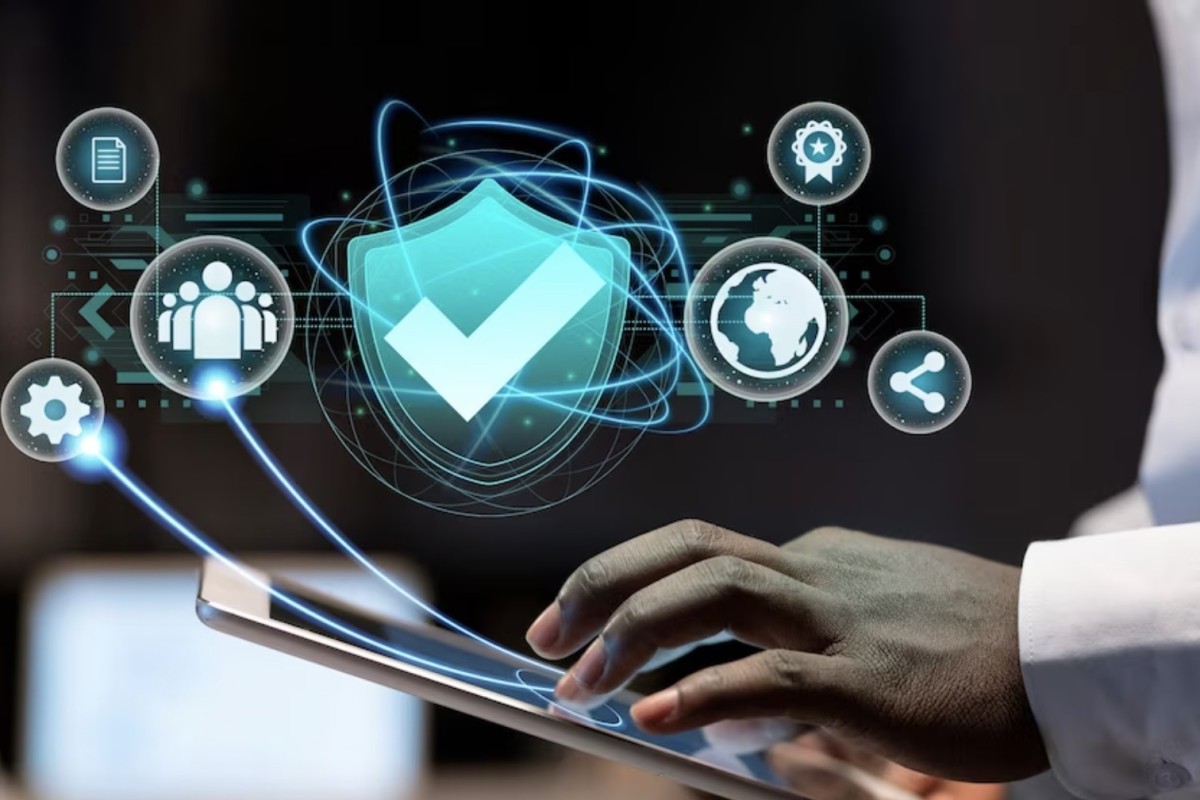(PIA) -- Being in a world where technology thrives, we must understand that we need to take action to protect ourselves and our personal information on the internet. We have to take extra steps to ensure our information is not leaked and used for malicious purposes.
As technologies evolve, so do scammers.
The Regional Anti-Cybersecurity Cordillera (RACU-Cor) urges everyone to exercise caution, think before you click, and take extra precautions to safeguard yourselves when using the internet.
As the nation observes National Cybersecurity Awareness Month this September, RACU Cor shares some tips on how to protect ourselves from any malicious internet activities and how to strengthen the security of our accounts and online presence.
Create strong password
One simple way that you can protect yourself in the online world is to change your password into a strong and uncrackable one . Do not settle for OK and good passwords. Always aim for a strong password in order for your information to be safe. Use special characters and numbers and never use personal information such as birthday or email.
Another important thing is to keep your password secure in case you forget it.
Keep your devices and apps updated
Keeping your devices updated will help you defend your personal data because with each new update, they update their security features. Staying with an old update may expose you to hackers and leave you vulnerable. Always check for updates on your devices, and make sure your applications on your devices are also updated.
Invest in a good antivirus software for your devices
This mostly applies to your laptops and desktops, but there are also options for your mobile devices. A good anti-virus program will help deter all malware and viruses that come to your devices. It also helps you to be secure in the online world, especially on shopping sites where personal information are shared such as home address, phone number, and payment information.
Be careful in opening suspicious links in your Emails and messages
When checking your email or text messages, make sure that the messages and contents that you receive are not from fake websites that steal your information. This is most popular with fake banks pretending to be legitimate ones. Be careful, do research, and look for obvious signs that it is a fake website. If you are really unsure of its legitimacy, you may call your bank provider and confirm the email.
This goes the same with messages you receive from your phone or social media sites. Do not open links if you do not know them or if the link looks suspicious. Block them immediately so that they won't bother you anymore and to avoid future messages like this.

“Do not click any links in your email, better if you delete them instead, because once you share your OTP(One Time Password), it is your fault already and not the banks’ fault because they always reiterate that you should not share your OTP,” PSSg Samie Imado of the RACU-Cor reminded.
Do not be fooled by big interest returns or any good to be true items
Do not always believe whatever is out in the online world. Research, research, and research, and do not forget to always double-check and even triple-check whatever transaction you are doing or whatever comes your way in the online world. Researching and double-checking will protect you from being scammed and hacked.
“For investments, always check the legitimacy of the company if registered in the site and at the same time, find time to research on the company if it is legitimate to see if what you entered is real,” Imado added.
Be vigilant!
“You can always verify and call the company if you really did receive a package or if your account is going to be disabled,” Imado reiterated.
Researching and researching while double-checking will reduce the risk of you being scammed and them getting your personal information. Investing in anti-virus software will definitely put a barrier around your files to deter malicious people from accessing them. Always keep your files backed up for your own security. (JDP/DEG-Santi Tomas- SLU Intern, PIA CAR)




